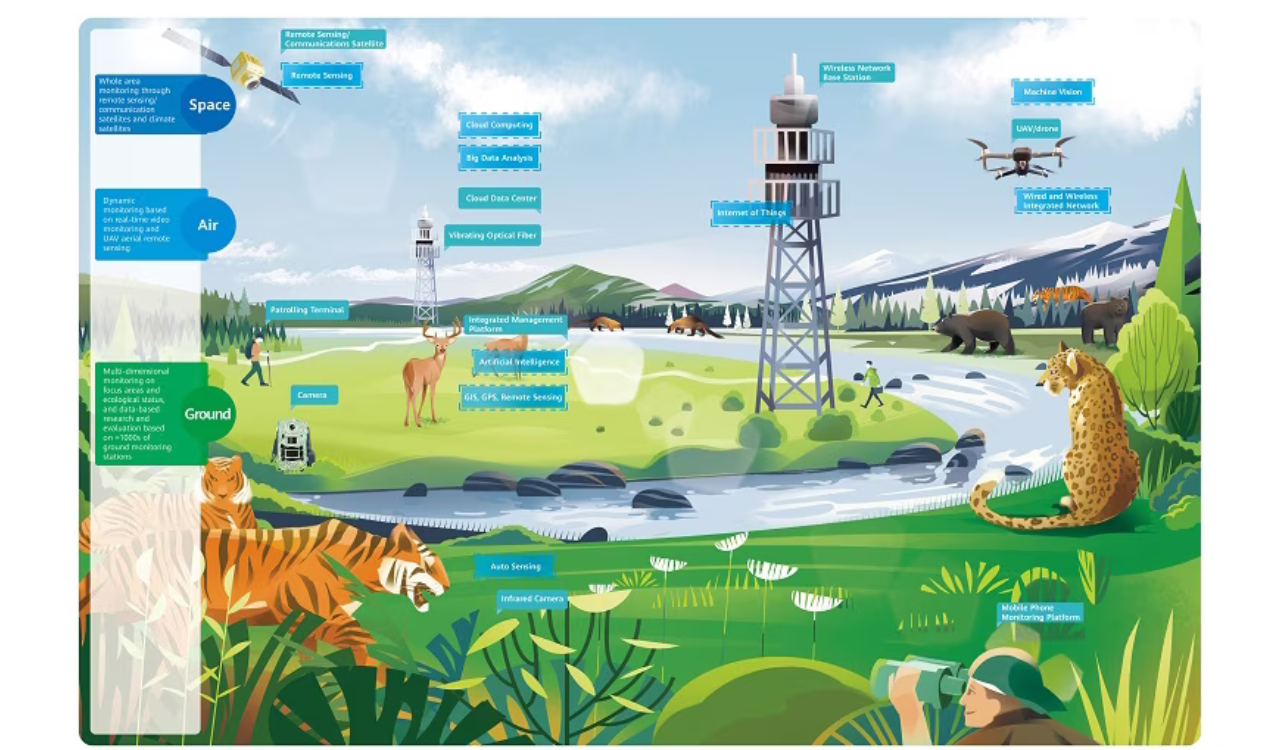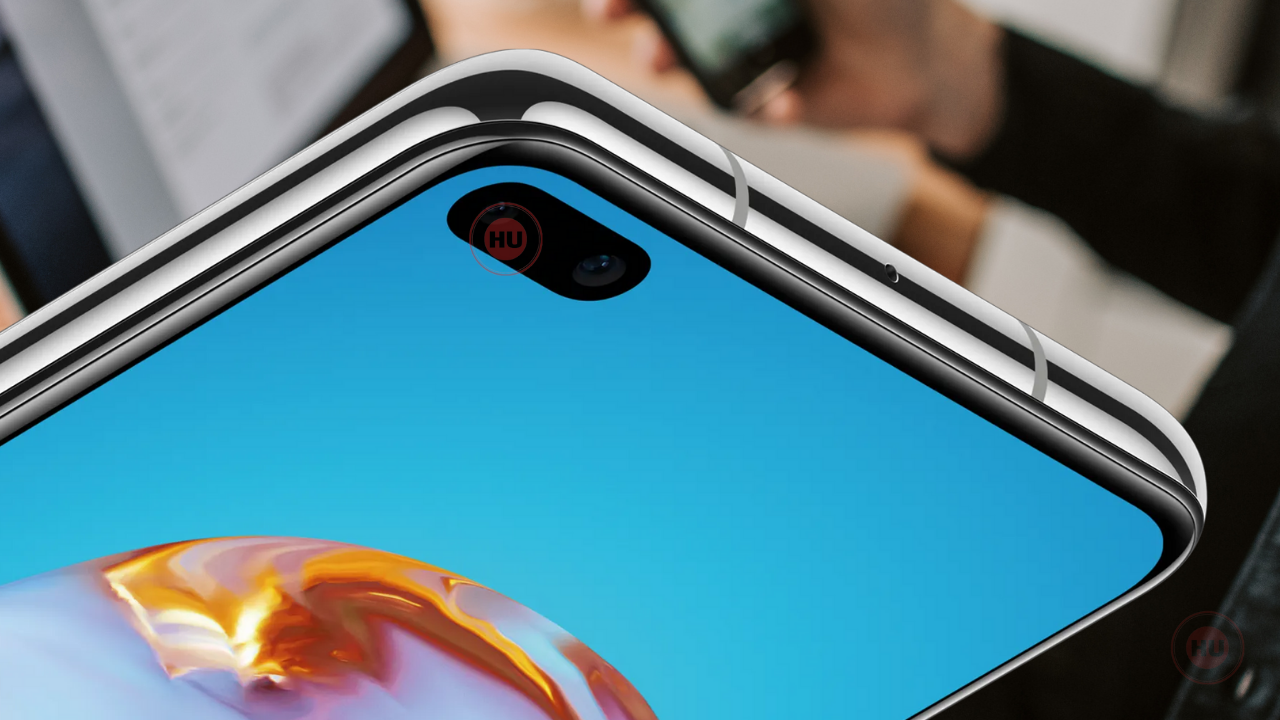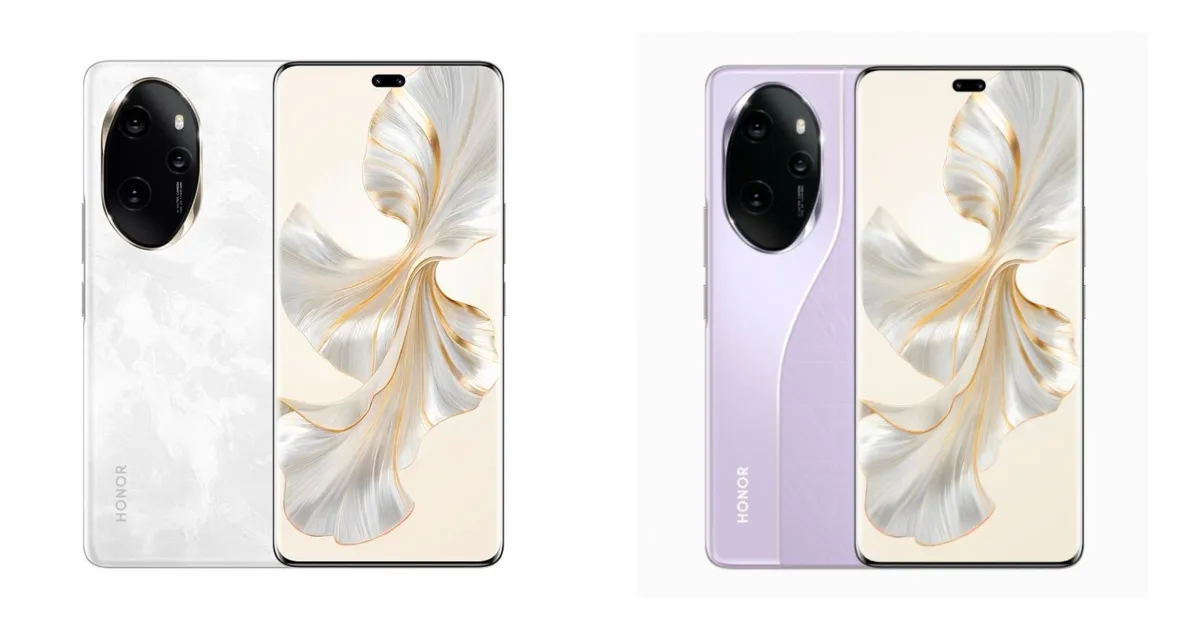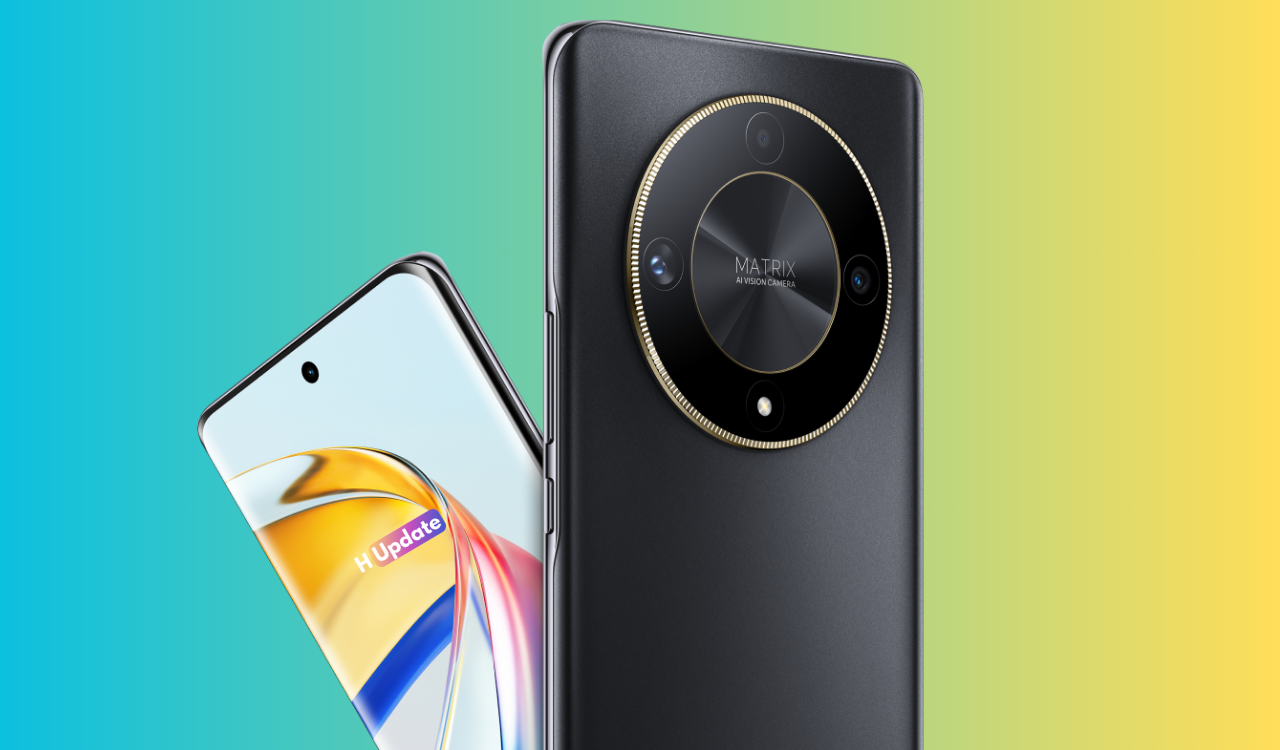Honor Products
Honor MagicBook Pro launching on December 22

The company has recently launched Honor MagicBook 15 on November 26th, and now the Honor MagicBook Pro launching on December 22. The Honor MagicBook Pro will be available in Charm Starfish Blue color the same we have seen in the Honor V30 series.
About the specifications of Honor MagicBook Pro, we can expect same specifications as we got in the Honor MagicBook 14 and 15.
The Honor MagicBook 15 is available in a Windows version packing an AMD Ryzen 5 3500U processor; with a quad-core eight threads architecture and built-in Radeon Vega 8 Graphics graphics card. We then find 8GB of dual-channel RAM and up to 512GB of SSD storage.
As per the price concern, the Honor MagicBook 15 Windows version Ryzen R5 / 8GB / 512SSD will be available in 3899 yuan ($550); the MagicBook 15 early adopter version (Linux) Ryzen R5 / 8GB / 256GB SSD will be available in 3299 Yuan ($470).

Honor MagicBook Pro
Related:
Honor Products
Honor X8b launched with 108MP camera

Honor officially introduced the new X-series smartphone the X8b with108MP main camera and more. Honor X8b brings a 6.7-inch AMOLED display with FHD+ resolution and up to 2,000 nits peak brightness.
Honor X8b Specifications
- 6.7-inch FHD+ AMOLED display
- Pill-shaped cutout
- 90Hz refresh rate
- 3240Hz PWM dimming
- peak brightness 2000 nits
- Snapdragon 680
- 8GB RAM
- 128GB / 256GB / 512GB storage
- 4500mAh battery
- 35W fast charging
- 50MP selfie camera
- Triple Rear Camera: 108MP primary camera, 5MP ultra wide-angle and 2MP macro
- Side fingerprint sensor
- Android 13
- Magic OS 7.2
Price
Honor X8b comes in Glamorous Green, Titanium Silver and Midnight Black colors. Pricing in Malaysia starts at MYR 999 ($213) for the 8/128GB trim. The device is also listed in Saudi Arabia for SAR 799 ($213).

Honor Products
Huawei, IUCN, and Global partners highlight Nature Protection’s latest technology

In order to protect and conserve areas, to leverage digital technology to help achieve global biodiversity goals, Huawei and IUCN outlined a vision on the occasion of the 50th anniversary of World Environment Day……!! Where, the Smart Protected Areas White Paper was launched, jointly developed by Huawei, IUCN China, and the Chinese Academy of Forestry, to share the blueprint for building smart protected areas, based on experience from China’s protected areas.
Huawei, IUCN, and Global partners highlight Nature Protection
Understanding how human activities may impact the distribution, behaviors, and seasonal trends of species, needs extensive data to attain given remote and hard-to-access areas. Data from the prior day’s collection and research efforts relied on scientists going into the field to install camera traps to capture images.
Cameras needed to be maintained, batteries replaced, and their memory cards replaced and analyzed; time – and labor-intensive processes frequently resulted in data and images that were several months old. Implementing cloud computing, IoT, mobile Internet, big data, and AI enables real-time data acquisition and interaction improving smart sensing, analysis, and management of species protection and area-based conservation efforts.
An algorithm was developed and trained to help identify the different species, especially the jaguar, and to date, the team has identified 119 species, including 5 individual jaguars. Huawei partners with IUCN, C-Minds, Polytechnic University of Yucatan, Rainforest Connection, and the local community of Dzilam has collected more than 30,000 photos, 550,000 audio recordings, and numerous video clips of wild animals.
Dr. Grethel Aguilar, Deputy Director General for IUCN, said:
“We have gained a lot in the past three years of cooperation, during which time Huawei has worked with us to demonstrate the responsible use of new technologies in protecting nature. IUCN looks forward to longer-term collaboration with Huawei as a tech leader to help achieve global goals such as the target to conserve at least 30% of the Earth’s land and water by 2030.”

The aim of the Smart Protected Areas White Paper
The primary aim of the Smart Protected Areas White Paper is to realize the effective conservation of protected areas and the sustainable management of natural resources. Based on this target, the white paper identifies seven major scenarios, including ecological protection and restoration, resource management, and scientific research amongst others.
In these identified scenarios, four key capabilities need to be implemented, which include comprehensive, multi-dimensional ecological sensing, integrated multi-network communications that can adapt to complex terrain and intelligent analysis that can process massive amounts of data from multiple sources.
Additionally, the capability to apply analytical results to the operations and management of protected areas. This blueprint proposes a comprehensive solution architecture for smart protected areas based on the latest developments in digital technology.
Tao Jingwen, Huawei’s Director of the Board and Chairman of the Corporate Sustainable Development (CSD) Committee said:
“Biodiversity loss and climate change are two interrelated global environmental crises that require coordinated responses. While protecting nature, science and technology can also help thousands of industries with green development and better cope with climate change.”

Peng Song, Senior Vice President and President of Huawei’s ICT Strategy & Marketing Department said.
“The Earth is our only home. Digital technologies can help protect nature reserves more effectively and promote the sustainable management of natural resources. Our original intention is, to sum up the practice of science and technology in helping protect nature. Also, to work with partners to promote the intelligent construction of more nature reserves.”

More than half of the world’s GDP relies on nature and the services it provides
According to the WEF’s New Nature Economy Report, more than half of the world’s GDP, about US$44 trillion, relies on nature and the services it provides. However, climate change and biodiversity loss are threatening the survival and sustainable development of humanity. Also, a new nature economy could generate up to $10.1 trillion in annual business value and create 395 million jobs by 2030.
So, the summit brought together TECH ALL partners, including the Yucatan state government of Mexico, the Mexican innovation agency C Minds, IUCN China, WWF Italy, Rainforest Connection, and Shandong Yellow River Delta National Nature Reserve in the context of exploring the future potential of smart nature conservation.

JOIN US ON TELEGRAM
Harmony OS 2
HarmonyOS 2.0.0.212: Huawei P40 getting November 2021 patch update

Huawei P40 smartphone users are now getting the November 2021 software update based on HarmonyOS in China. The latest software update for Huawei P40 is rolling out with the firmware version HarmonyOS 2.0.0.212. The November 2021 patch includes 1 critical, 22 high levels of CVEs, and 8 medium levels of CVEs.
Huawei P40 HarmonyOS 2.0.0.212 update changelog:
Version Update: 2.0.0.209 → 2.0.0.212
CHANGELOG
List of Changes
This update improves system security through the use of security patches.
[Security]
Integrates security patches released in November 2021 for improved system security.
Notes on updating:
1. Your personal data will not be deleted by the update. However, we recommend that you back up important data before updating.
2. If you encounter problems during the update, call the Huawei customer service line or visit a Huawei customer service center.
3. The update package will be automatically deleted when the update is complete.
HUAWEI P40 SPECIFICATIONS:
Huawei P40 5G comes with a 6.10-inch touchscreen display with a resolution of 1080×2340 pixels and an aspect ratio of 19.5:9. Huawei P40 5G is powered by a 2.86GHz octa-core HiSilicon Kirin 990 5G processor that features 2 cores clocked at 2.86GHz, 2 cores clocked at 2.36GHz and 4 cores clocked at 1.95GHz. It comes with 8GB of RAM.

As far as the cameras are concerned, the Huawei P40 5G on the rear packs a 50-megapixel primary camera with an f/1.9 aperture; a 16-megapixel camera with an f/2.2 aperture, and an 8-megapixel camera with an f/2.4 aperture. The rear camera setup has autofocus. It sports a 32-megapixel camera on the front for selfies with an f/2.0 aperture.
Connectivity options on the Huawei P40 5G include Wi-Fi 802.11 a/b/g/n/ac/Yes, GPS, Bluetooth v5.10, NFC, USB Type-C, 3G, and 4G. Sensors on the phone include accelerometer, ambient light sensor, compass/ magnetometer, gyroscope, in-display fingerprint sensor, proximity sensor, and fingerprint sensor. The Huawei P40 5G supports face unlock.















